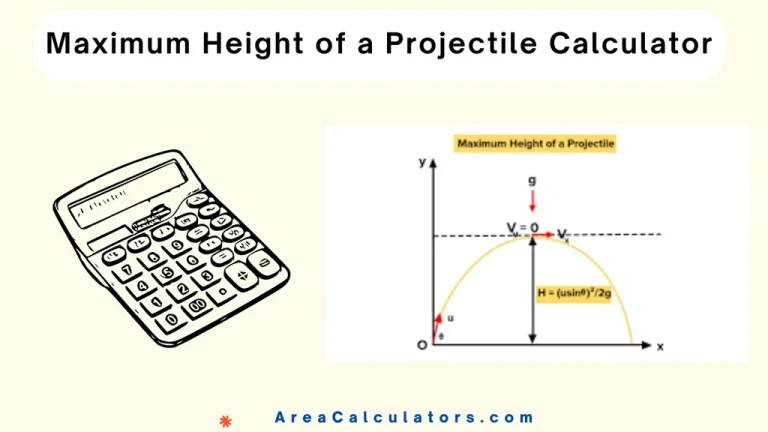CC to Grams of Powder Calculator
To convert cubic centimeters (cc) to grams of powder, multiply the volume in cc by 0.4. This formula provides an estimate of the weight in grams for powdered substances.
To convert cubic centimeters (cc) to grams of powder, multiply the volume in cc by 0.4. This formula provides an estimate of the weight in grams for powdered substances.
| Variable | Description |
|---|---|
| Grams of powder | |
| Cubic centimeters (cc) of powder | |
| Conversion factor for cc to grams of powder |
Example 1
| Step | Calculation |
|---|---|
| Given volume (CC) | |
| Grams of powder | |
| Answer: 10 cc of powder is approximately 4 grams. |
Example 2
| Step | Calculation |
|---|---|
| Given volume (CC) | |
| Grams of powder | |
| Answer: 20 cc of powder is approximately 8 grams. |
The CC to Grams of Powder Calculator is a tool that converts volume in cubic centimeters (cc) to grams for powdered substances. As for as the application of this conversion is concerned, it is widely applied in fields like pharmacy, cooking, and chemistry.
Importantly, the precise measurements of powdered ingredients are necessary in these fields. However, the conversion depends on the density of the specific powder since different powders have varying densities, which influence their weight per cc.
If for any reason, you use the calculator, simply insert the volume in cc and the density of the powder (usually available on packaging or datasheets).
The calculator then multiplies the volume by the density to provide the weight in grams. This conversion answers questions such as “How many grams is a cc of powder?” or “How to convert cc to grams for powders?”
In closing up, this calculator simplifies precise measurement conversions, essential for various applications where exact powder amounts are crucial for effectiveness and accuracy.
To find the date 86 days from today, simply add 86 days to today’s date. 86 Days From Today Calculator Today’s Date Date 86 Days From Today Calculate Reset To predict 86 Days From Today is useful for planning future events, setting reminders, or scheduling deadlines. This quick calculation gives you an exact date in future….
To find the date 14 days from today, simply add 14 calendar days to the current date. 14 Days From Today Calculator Today’s Date Date 14 Days From Today Calculate Reset The 14 Days From Today Calculator provides an easy way to determine the exact date 14 days into the future. This tool is particularly…
READ ALSO: Cents Per Minute Calculator

To find the maximum height of a projectile, use the formula h=V02⋅sin ( α)2 where V0 is the initial velocity, α is the launch angle, and g is the gravitational constant. The Maximum Height of a Projectile Calculator computes the peak height a projectile reaches in its motion. This calculation is crucial in physics and engineering,…
Top cut percentage is calculated by multiplying the total number of participants by the desired percentage and dividing by 100. The Top Cut Calculator is a crucial tool for tournament organizers, players, and event planners to determine the number of participants advancing to the next stage based on a predefined percentage. It is commonly used…

To calculate the Customer Effort Score (CES), divide the total sum of survey responses (SUM(S)) by the total number of respondents (TR). This gives an average score that reflects how easy it is for customers to interact with your business. The Customer Effort Score (CES) Calculator is a powerful tool to gauge customer satisfaction by…